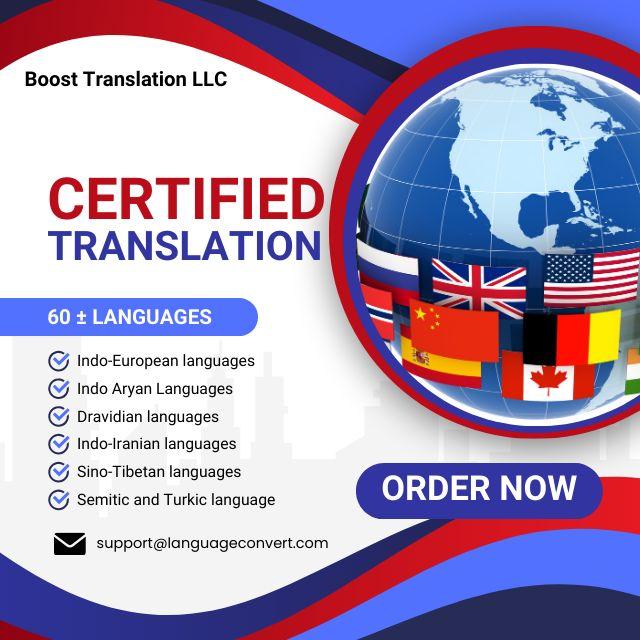Legal translation is a highly specialized field that requires not just linguistic expertise but also a deep understanding of legal terminology, systems, and cultural nuances. A small mistake can lead to serious consequences, from financial losses to legal disputes. In this article, we’ll explore five common legal translation mistakes and how professional translators avoid them, ensuring accuracy and reliability every step of the way.
- Misunderstanding Legal Terminology
Legal jargon is notorious for being complex and nuanced. Words that seem simple in everyday language can have entirely different meanings in legal contexts. For example, terms like "consideration" or "party" carry specific implications that differ depending on the legal system.
How Professionals Avoid This:
Professional legal translators are not only fluent in the source and target languages but also well-versed in legal systems and their terminologies. They:
- Use Legal Dictionaries: Reliable legal dictionaries and glossaries tailored to specific jurisdictions are essential tools.
- Engage Subject Matter Experts: Collaborating with legal professionals ensures terms are accurately interpreted.
- Specialize in Legal Fields: Many translators focus on areas like corporate law, intellectual property, or contracts to build deep expertise.
- Neglecting Cultural Nuances
Legal systems are deeply rooted in culture, and certain phrases or concepts may not have a direct equivalent in another language. For instance, the concept of "common law" may be unfamiliar in civil law jurisdictions, leading to potential misinterpretations.
How Professionals Avoid This:
Experienced translators bridge cultural gaps by:
- Researching Legal Systems: Understanding the legal framework of both the source and target languages is critical.
- Adapting Language Appropriately: They find equivalent terms or, when necessary, include explanations to ensure clarity.
- Staying Up-to-Date: Laws and cultural contexts evolve, so staying informed is key.
- Literal Translations
One of the biggest pitfalls in legal translation services is translating text word-for-word without considering context. This can lead to sentences that are grammatically correct but legally meaningless or misleading.
How Professionals Avoid This:
To avoid literal translations, professionals:
- Focus on Meaning Over Words: They prioritize conveying the intent and function of the legal text.
- Apply Contextual Analysis: A thorough understanding of the document’s purpose helps guide accurate translations.
- Utilize Translation Memory Tools: These tools help maintain consistency across similar projects while allowing for contextual adjustments.
- Ignoring Formatting and Structure
Legal documents often follow strict formatting and structural conventions, which are crucial for their validity and readability. Deviating from these standards can result in a document that’s hard to understand or even rejected by authorities.
How Professionals Avoid This:
Professional legal translators pay close attention to formatting by:
- Adhering to Legal Standards: They ensure the document complies with the required format for the target jurisdiction.
- Using Formatting Tools: Software like Microsoft Word or specialized legal tools helps maintain consistency.
- Proofreading for Compliance: They double-check that the translated document mirrors the structure of the original.
- Overlooking Confidentiality
Legal documents often contain sensitive information, and mishandling this data can lead to breaches of confidentiality and legal repercussions.
How Professionals Avoid This:
Confidentiality is a cornerstone of professional legal translation. Translators ensure data security by:
- Using Secure Platforms: They rely on encrypted tools and platforms for communication and file sharing.
- Signing NDAs: Non-disclosure agreements protect client information.
- Following GDPR and Data Protection Laws: Professionals comply with international standards to safeguard sensitive information.
Why Professional Legal Translators Matter
Mistakes in legal translation are not just costly but can also harm reputations and lead to lawsuits. By working with experienced professionals, clients can trust that their documents will be accurate, culturally appropriate, and legally sound.
Final Thoughts
Legal translation is a task that leaves no room for error. By understanding and avoiding these common mistakes, professional translators ensure that every word aligns with its intended legal meaning. Whether you’re translating contracts, court documents, or intellectual property agreements, partnering with a skilled legal translation service is the smartest move you can make.

